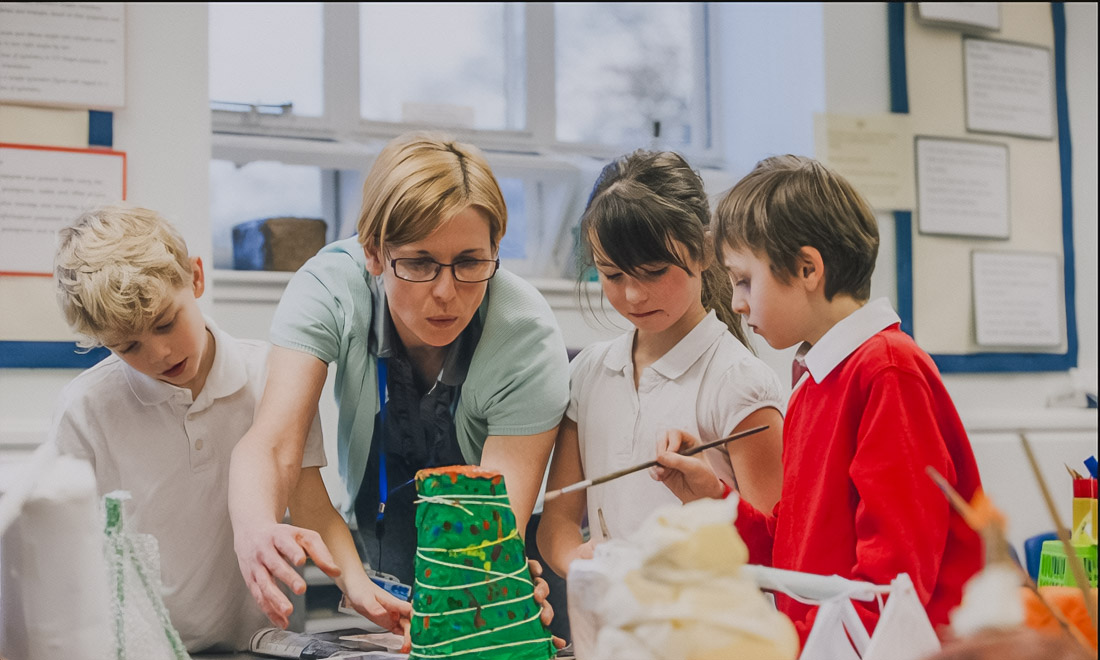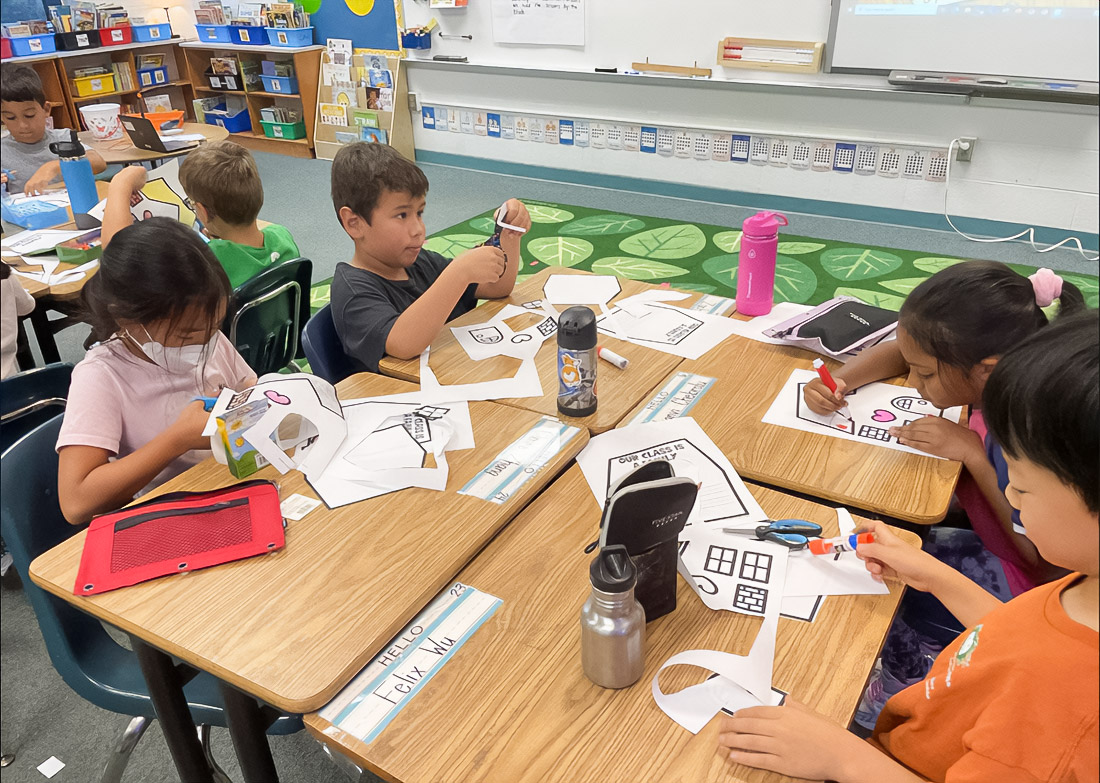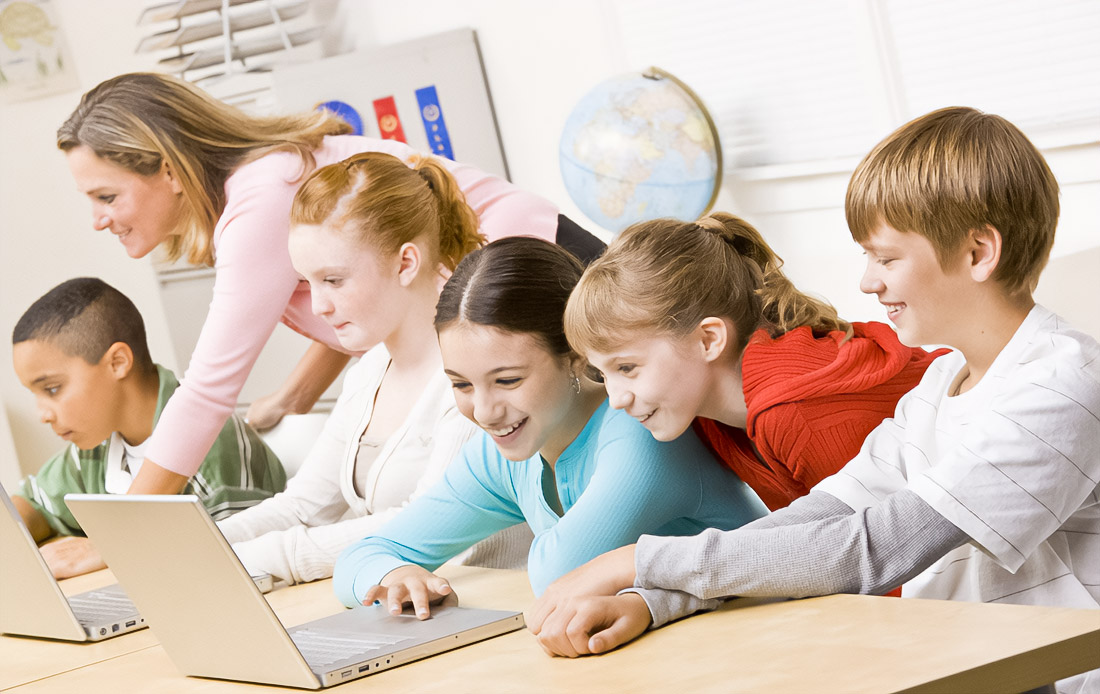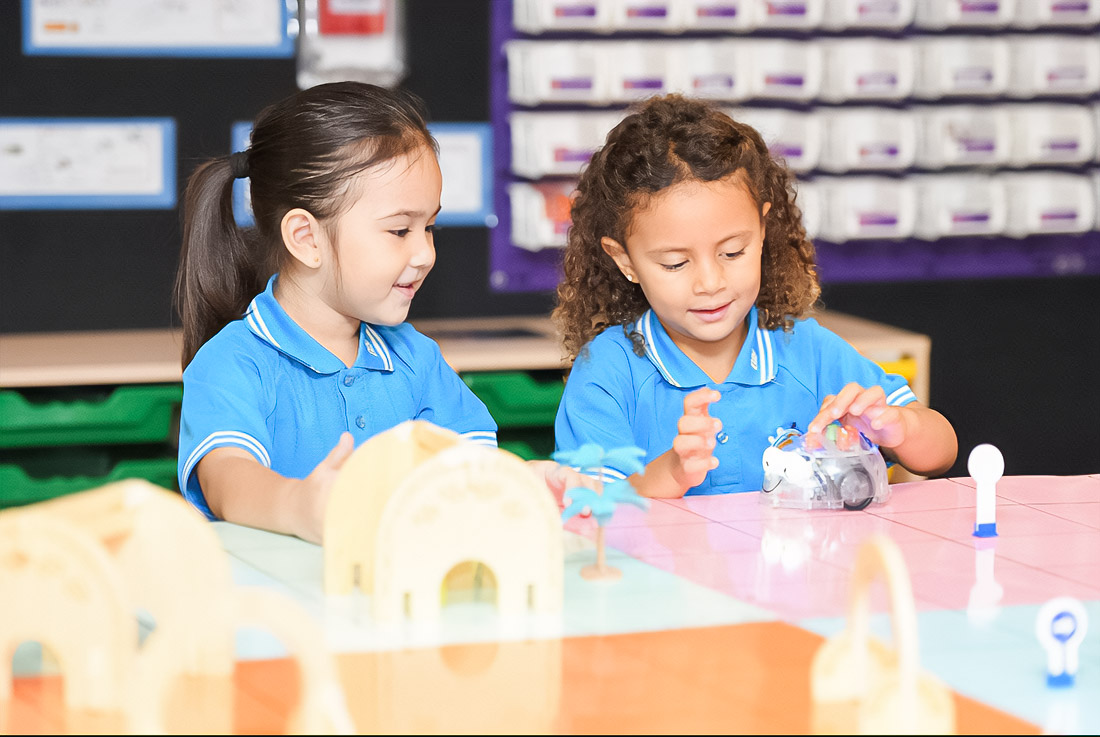Modern education strives not only to transmit information but also to comprehensively develop students’ most important skills. Such includes critical thinking, analytical flexibility mind, and the ability to argumentatively present one’s own point of view. Against this background, debate programs become an integral part of the educational process, offering unique opportunities for the enrichment of both cognitive and communicative skills. The given article examines in detail how participation in debates contributes to significant improvement in students’ analytical thinking on the basis of existing research and practical examples. In educational institutions, such as Indian School Sharjah, debates play a key role in educational programs.
Immersion in World Debate Programs

Debate programs are not just competitions; these are structured events where participants discuss significant topics, striving convincingly to convey their own position to the audience. Debates were executed in diverse formats, including parliamentary, lincoln-douglas, and public debates. In many educational institutions, similar programs are implemented through clubs and circles or integrated into process education, becoming elements of courses on rhetoric or political science. The main task program debates teach students to argumentatively express thoughts, critically evaluate, and make reasoned decisions.
Development Basic Skills in Debate Discussions
Participation in debates contributes to mastering and improving key skills of students:
- Critical thinking: Debates require the ability of participants to analyze arguments, identify weak places in logical opponents, and build convincing counterarguments. Such practice allows for a deeper evaluation of information and making weighted decisions.
- Analytical abilities: Participants learn to systematize information, highlight main ideas, and make conclusions on the basis of facts. Research, collection, and evaluation of data become integral parts of the process.
- Skills argumentation: Debates require clarity, expression of thoughts, coherence of logical arguments, and effectiveness in their delivery to the audience. Such skills are extremely important not only in academics but also in professional activity.
Successful Cases and Research Influence Debates

Numerous researches confirm the positive influence of debates on education and how it can help deeper understand the educational values.
- Research University Cornell: students participating in debates showed higher results in tests on critical thinking. The 20% more effectively coped with tasks requiring increased attention and logic.
- Research University Melbourne: debates improved the abilities of students to analyze and synthesize information, which positively affected their academic performance. Participants improved their own grades in humanities by 15%.
- Example from one of the schools in UAE: mandatory program debates led to improvement examination results. Teachers recorded increased confidence in their strengths and ability to effectively express thoughts to students.
Overcoming Challenges and Limitations Debate Programs
Despite obvious advantages, debate programs face challenges:
- Lack resources: organizational base and qualified teachers often absent. The solution can become an investment in the preparation of teachers for debates.
- Motivation students: not all students show interest to participation. Can create a motivating environment, integrating debates in the mandatory educational process with the assessment of their results.
Invaluable Knowledge and Application Debates in Education

Debate programs perform important functions, contributing to the comprehensive development of students’ skills. They help students learn to process information and become more confident and expressive in statements. Educational institutions should take into account their potential, actively introducing debates in the educational process. This allows the conducting of regular debate competitions and develops students’ skills, which will be useful throughout their lives.
Ultimately, debate programs remain powerful tool formation analytical abilities for students. Their active introduction to the educational process contributes to the formation of critical thinking, analytical abilities, and skills in argumentation, making them an indispensable part of education. Educational institutions can support and develop similar programs, providing students with the necessary resources and motivation for participation in debates.

Soccer lover, ramen eater, hiphop head, hand letterer and RGD member. Operating at the crossroads of art and function to answer design problems with honest solutions. I’m a designer and this is my work. Tropical swift lover
